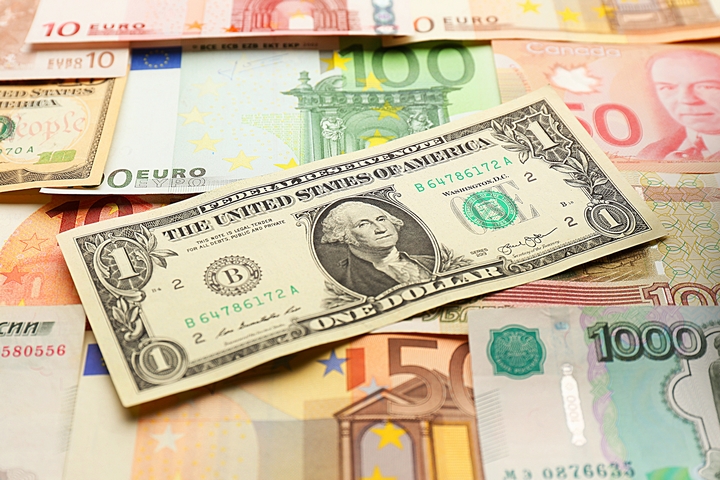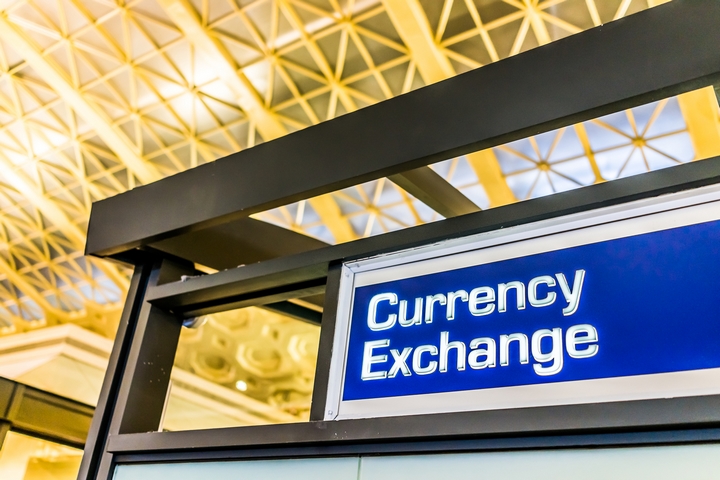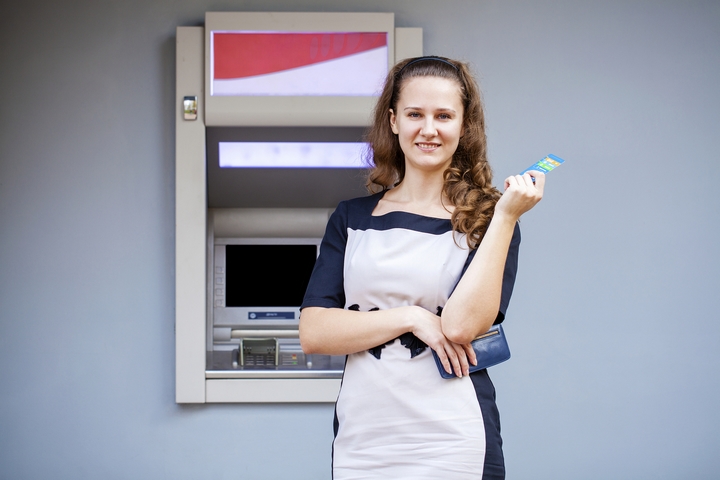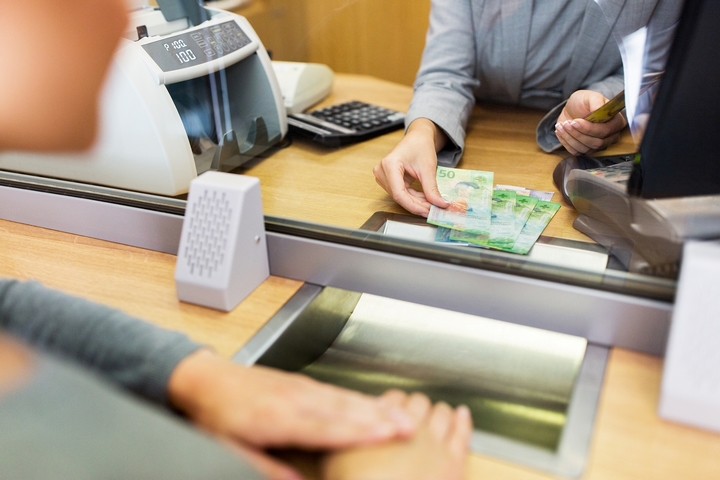
No matter why you are heading to a foreign country, it’s always wise to have some of the local currency on hand. Exchange rates will tell you the value of your currency in relation to the country you are travelling to and while it’s best to deal with currency exchange before you leave, you can still do it once you arrive. Regardless, several different places will offer this service.
1. Your House

Depending on who you bank with, you might be able to order foreign currency right from your house. If your bank provides this service, you can simply order online.
Under certain circumstances, you may be required to ship the money to a physical bank location or another financial centre. Otherwise, you should be able to have the money shipped to your address. If you choose this route, make sure that you order in plenty of time. You could potentially find more information at Interchange Financial, which has additional resources available on their website.
2. Banks

If you don’t order the foreign currency online, you can simply do this at one of your bank’s locations. Sometimes your bank may exist in the foreign country, which might make it easier. Otherwise, you can wait until you arrive at your destination and find a bank that will exchange cash. You don’t always need to be a customer but you will need your passport.
3. Airports or Seaports

You’ll often find foreign currency exchange firms in major airports and you will be able to exchange your money there. While these locations may have higher fees, it’s often wise to get a bit of the foreign currency until you can find a place to exchange larger sums. This way, you’ll have cash for a taxi service or hotel.
4. Automated Teller Machines (ATMs)

Often, you can simply walk up to an ATM and use your credit or debit card to withdraw money in the local currency. The ATM will display the exchange rate and the associated fees but not all ATMs will work. You can go online ahead of time and find out which ATMs will handle the transaction or you can rely on the locals to tell you once you arrive.
5. Hotels

Many hotels, particularly the larger ones, offer exchange services but this is usually a last resort. Exchanging with hotels is often the most expensive way to handle the situation but you may not always have a choice; if, for example, other exchanging institutions are closed, you may have luck with the hotel.